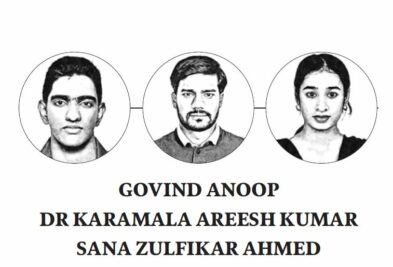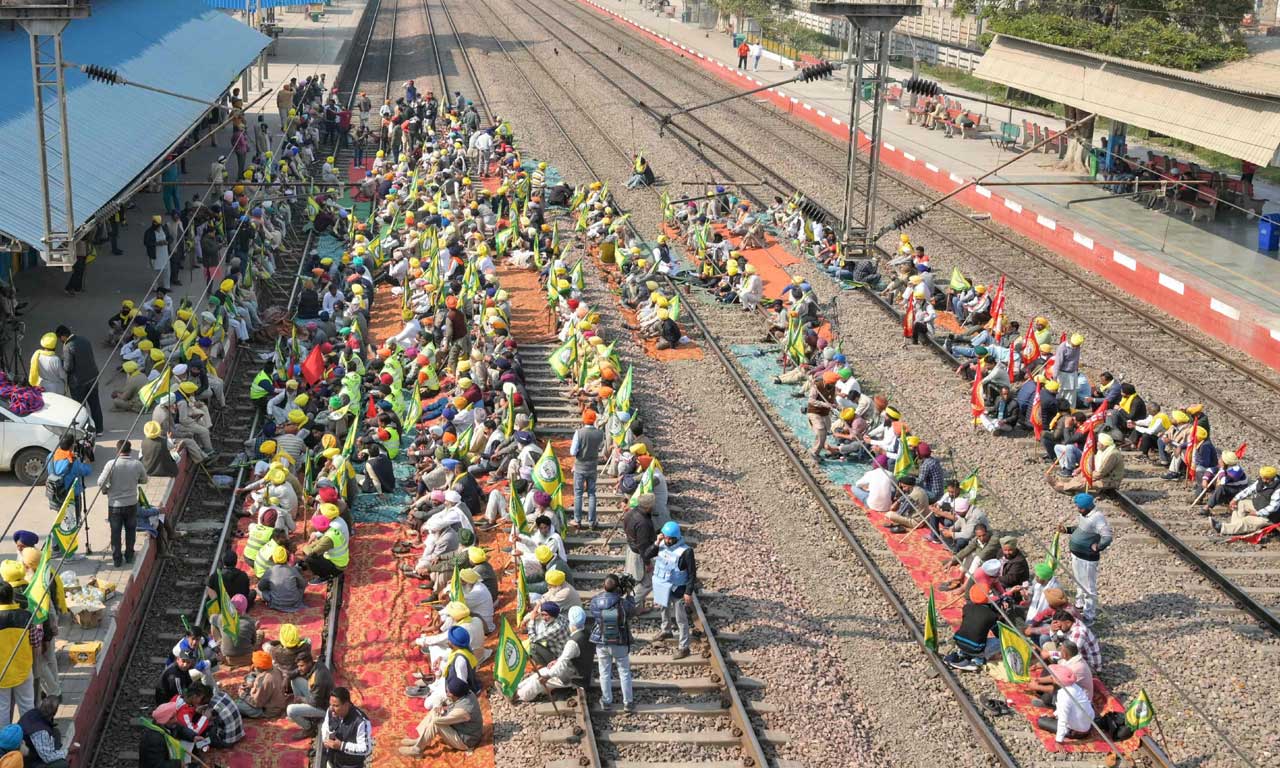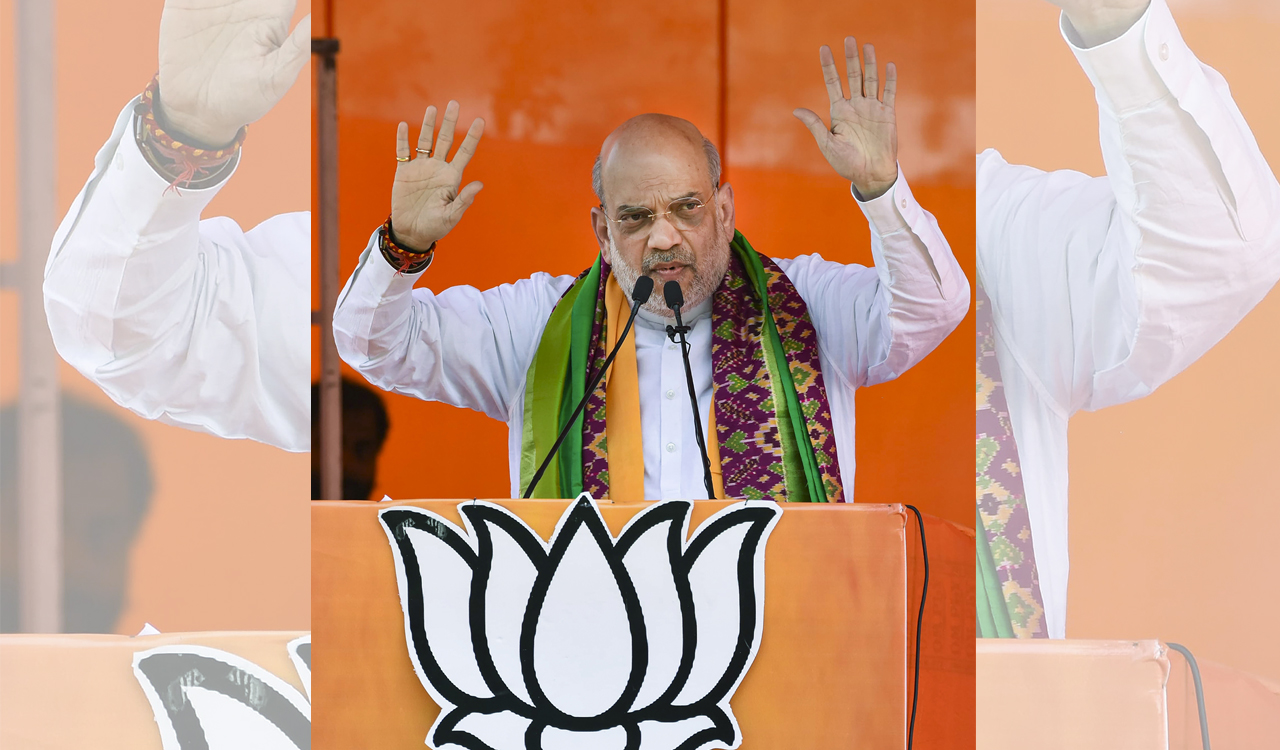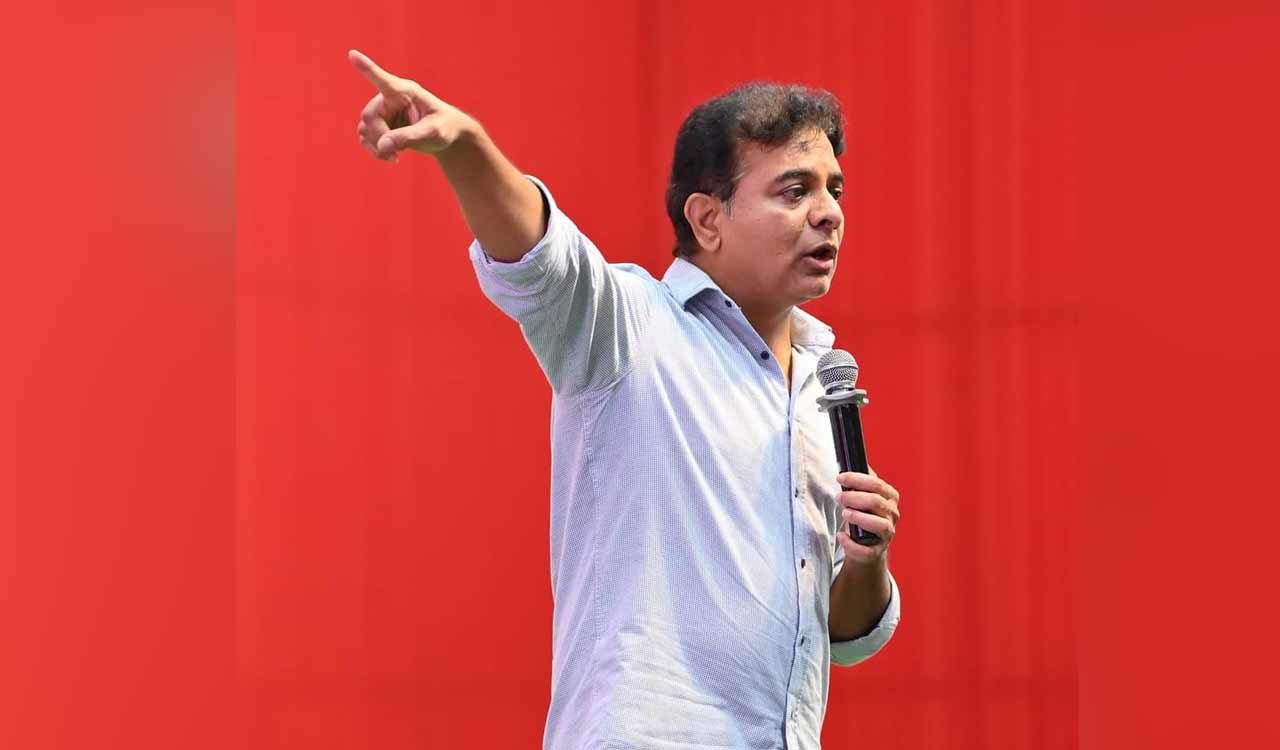
<!–
–>
The approach towards Ukraine and Palestine shows EU’s preferential treatment, selection-based asylum
Published Date – 26 March 2024, 12:05 AM

The Russian invasion of Ukraine has resulted in Europe’s largest refugee crisis in decades, with over 2 million Ukrainians fleeing their nation in just two weeks. The European Union (EU) stepped up and greeted the Ukrainian refugees with open arms, in stark contrast to their treatment of Syrian refugees a few years ago.
On October 7, 2023, conflict erupted once again in West Asia following a terrorist attack by Hamas, which was strongly condemned by the European Union. This event reignited a cycle of violence, resulting in a humanitarian tragedy in Gaza. In response to the conflict in Ukraine, Europe demonstrated unity and promptly fulfilled its responsibility. The EU provided economic and military support to Ukraine and committed to ongoing assistance.
Double Standards
Despite significant differences in the causes and actors of the two conflicts, they are interconnected, leading to suspicions of double standards in the application of international law between Ukraine and Israel-Palestine. This perception, particularly from countries in the Global South, challenges Europe to address accusations of preferential treatment and selection-based asylum. Europe’s global influence relies predominantly on soft power, even as efforts are made to strengthen defence capabilities and maintain a robust economy. The continent’s global role is grounded in its unwavering defence of universal principles and values. As guardians of international and humanitarian law, the Europeans find their positions on the unfolding events in West Asia under scrutiny from partners and rivals worldwide.
History of Migration
The European Union’s history regarding migration and immigration policies reflects a complex interplay of humanitarian concerns, economic interests and political realities. Initially formed to promote economic cooperation and prevent future conflicts, the EU gradually confronted the challenges posed by migration flows, both within its borders and from outside regions. In the early stages, migration policies primarily focused on facilitating the movement of labour within the EU’s member states to support economic development. However, as geopolitical shifts and global crises unfolded, such as conflicts in the Middle East and North Africa, the EU faced increasing pressures from irregular migration, asylumseekers and refugees seeking safety and opportunities within its territories.
This led to the development of common EU policies aimed at managing migration, asylum and border controls, while also balancing humanitarian considerations with security concerns and domestic political interests. Over time, the EU has witnessed debates, tensions and policy reforms regarding issues such as burden-sharing among member states, protection of asylum seekers’ rights, prevention of irregular migration and cooperation with non-EU countries on migration management. Understanding the historical evolution of the EU’s migration and immigration policies is essential for analysing contemporary challenges, assessing policy effectiveness, and addressing the diverse perspectives and interests involved in this complex issue.
Excuses of EU
So why hasn’t the EU accepted Palestinian refugees? The perceived security dangers of receiving refugees from a certain war can impact decision-making. Concerns about terrorism, extremism and other security challenges may influence EU member states’ willingness to admit refugees. In a recent sitting of the European Parliament, the EU demanded systematic checks of all EU and non-EU citizens when they are travelling across external borders of the EU to the nations that are under conflict and also to put checks on thirdcountry nationals when they are leaving the bloc. The primary aim was to ensure that radicalised individuals would not cause chaos in the EU as well. The underlying discriminatory behaviour based on stereotypes and stories is evident in the EU’s response towards Russia and Israel.
The geopolitical proximity is also one of the reasons for the EU’s differential stand. The bloc has expressed more concerns about the Russia- Ukraine war due to how close the conflict is in both political and geographical terms. Its support for Ukraine has diasporic influence. Since a majority of the Ukrainian citizens share appearances with the majority of Europe, they are more attentive. Thus, they are more sympathetic to their European brothers. Most of the Eastern European countries have been under the Soviet Union’s control and, thus, could empathise with Ukraine’s plight.
Throughout history, Europeans have engaged in a variety of violent activities, including large-scale warfare. White individuals, rather than persons of Middle Eastern heritage, commit the majority of domestic “violent” activities. When white people commit “terror” activity, it is viewed as an isolated incident that does not represent the entire race; there is no stereotype of white people as naturally violent and prone to domestic “terrorism”. However, Middle Easterners are perceived as violent, which contributes to racialised attitudes toward refugees. This racist ideology masquerades as a security concern.
The EU’s decision to criminalise the rescuing of refugees from the seas and their lack of help for refugees in international camps is hard evidence. Lesser than 1 in 10 refugees have managed to get international aid and that says a lot.
Expectations, Promises
In calling for more European Union involvement in the Middle East, the emphasis is on the critical goal of supporting in the development of a fully sovereign Palestinian state. The main goal is to restore the Palestinian people’s dignity while creating an environment favourable to long-term peace between Israel and Palestine, preserving both nations’ security.
The proposal emphasises the importance of collaborating with regional partners to convene a peace conference aimed at implementing the longstanding two-state solution. Despite the problems due to the ground reality, which has changed substantially over the last three decades, the two-state option is regarded as the only realistic road to regional peace. This dedication is critical to preventing the perpetuation of a cycle of violence, with its heinous effects rippling from one generation to the next and one funeral to another.
Given the complexities and sensitivity of the Israel-Palestine dispute, the importance of the EU taking a deliberate diplomatic approach cannot be emphasised enough. By actively contributing to the establishment of an independent Palestinian state, the EU may help promote a stable and safe environment, opening the way for peaceful coexistence between Israel and Palestine. The proposal for a peace conference demonstrates a commitment to diplomatic resolutions, steering away from the catastrophic path of continuous conflict over the Gaza Strip.
To conclude, while the EU does have several excuses up its sleeve regarding the refugee crisis due to the Israel- Palestine conflict, everything that it has said and done has gone against its goal of being a factor that will keep world peace and ensure every human being’s Right to Life. If they are not willing to follow their principles, then how can they have the right to criticise any other country’s humanitarian policies?

(Govind Anoop is Research Scholar and Dr Karamala Areesh Kumar is Head, Department of International Relations, Peace and Public Policy, St Joseph’s University, Bengaluru. Sana Zulfikar Ahmed is Scholar, IGNOU, New Delhi)
<!–
–>
Source | Powered by Yes Mom Hosting






